Interview Process
The recruitment process of Deutsche Bank involves Campus Recruitments and direct online application. The whole process takes a set of 4-5 rounds to select the right fit of candidates.The process normally starts with an online test, followed by 3-4 rounds of interviews.
So the stages of hiring process looks like:
- Online Round
- Tecnical Rounds
- Group exercise
- HR Round
The whole process can take upto a month, which might differ depending upon the role you apply for.
Interview Rounds
Moving on to the interview stage, the applicant needs to pass through a complete series of online tests. Only less than 40% of candidates are able to clear this stage of the hiring process.
So it’s suggested that you
are adequately prepared and informed for the test.
Online tests are as follows:
1. Situational Judgement Test:
Candidates are tested by giving hypothetical scenarios in the workplace and asked to suggest solutions. You should read the scenario thoroughly and answer to the best of your ability.
2. Numerical Reasoning:
It consists of MCQs on arithmetic, number sequence, and numerical reasoning including analysis and interpretation questions with charts, tables, and graphs.
3. Verbal Reasoning:
Questions like antonyms, verbal analogy, and overall vocabulary are asked in this part. It also consists of unseen passage based questions.
4. Technical Testing:
The question here focuses on computer basics along with coding in Java. Time efficiency is tested here as 25 questions in 25 minutes are to be solved. This test is only if you are applying for a computer science role. Once you qualify technical rounds, candidates are called to appear for group discussions or group activity.
Telephonic Interview
First round of the interview
is over the phone with the HR. It is basically to know how you are a fit to
Deutsche Bank and how the bank fits you. It might take around 45 minutes.
Technical Interview
More technical in nature
requiring you to answer recent market activity, knowledge of finance.
Brainteasers may also be there.
Interview with the VP of the division
After the technical assessment, a one-on-one interview with the VP of the division you have applied for takes place. It will be like a discussion on the details of your application form and is largely competency-based. (Might differ from interviewer to interviewer)
HR/Managerial Round
The final stage of interviews, where questions revolve around your personal value system, experience, career plans, and thoughts on the workplace.

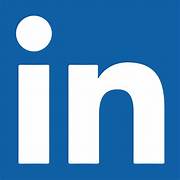









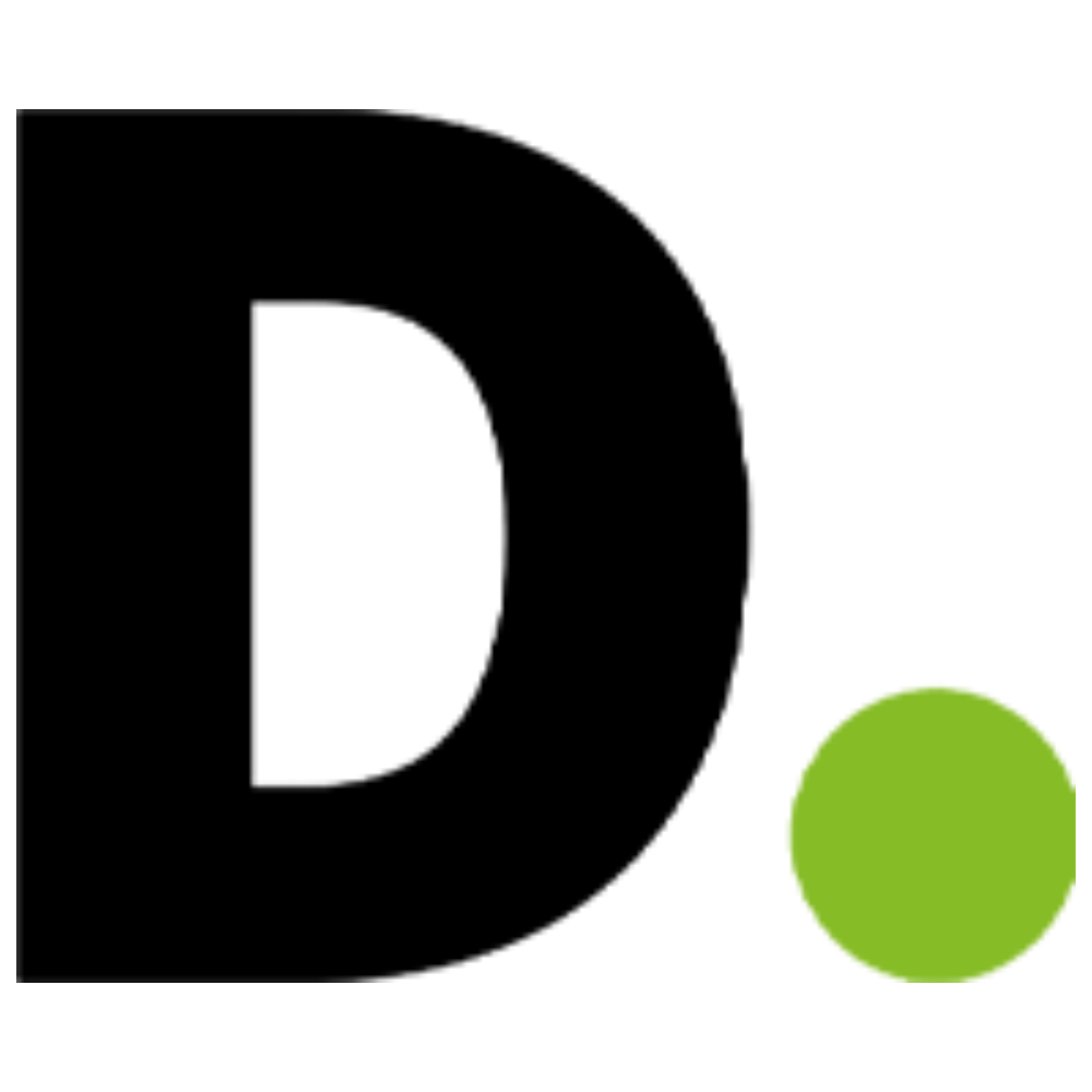


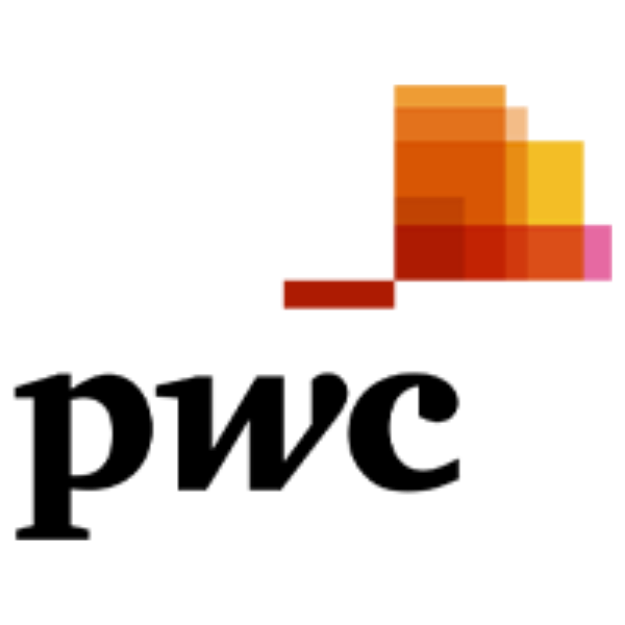
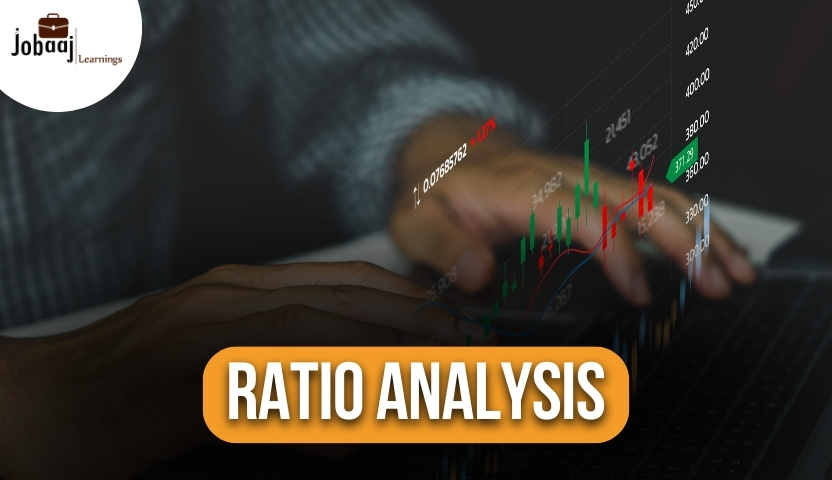



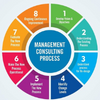

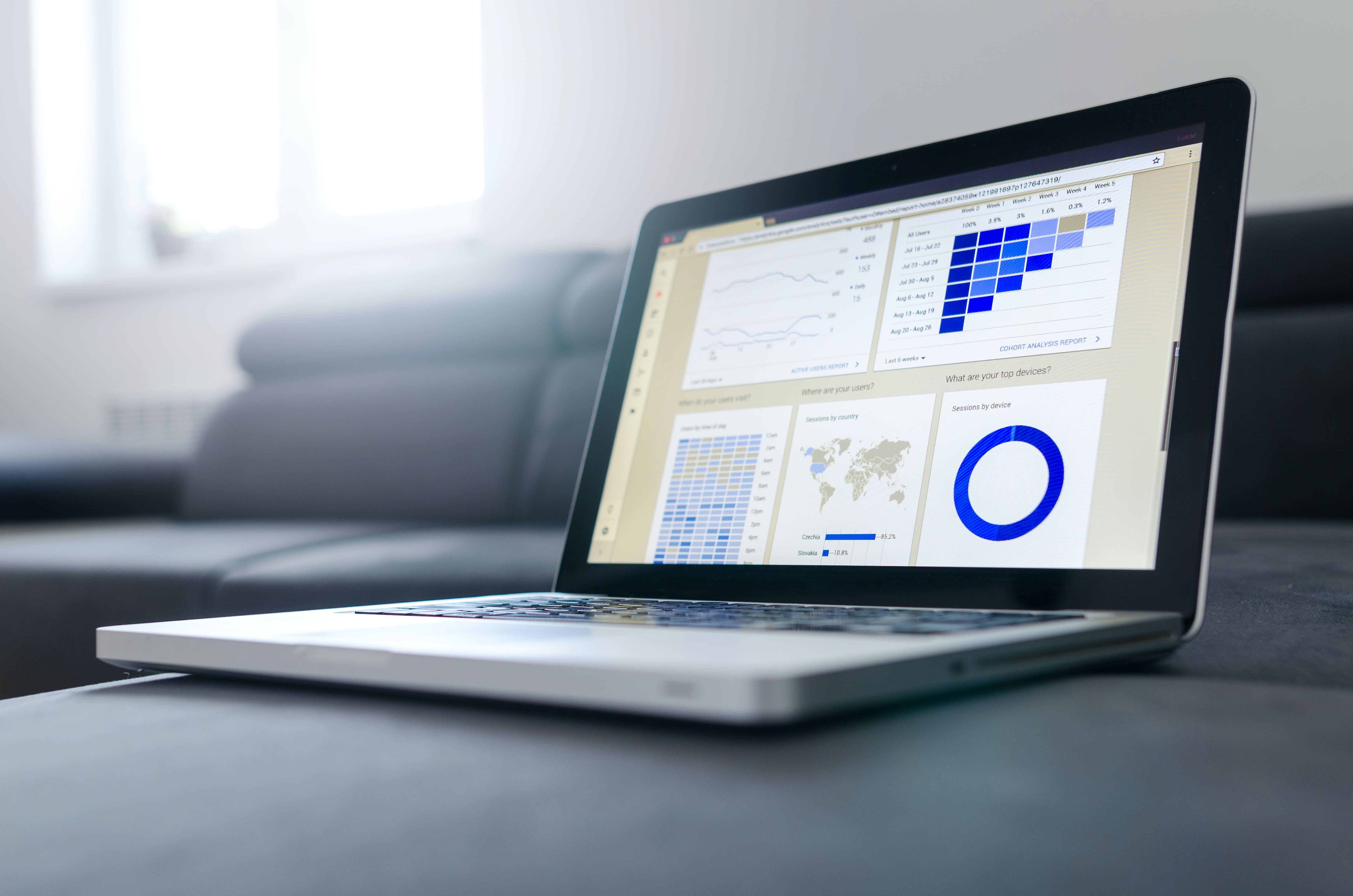
.jpg)
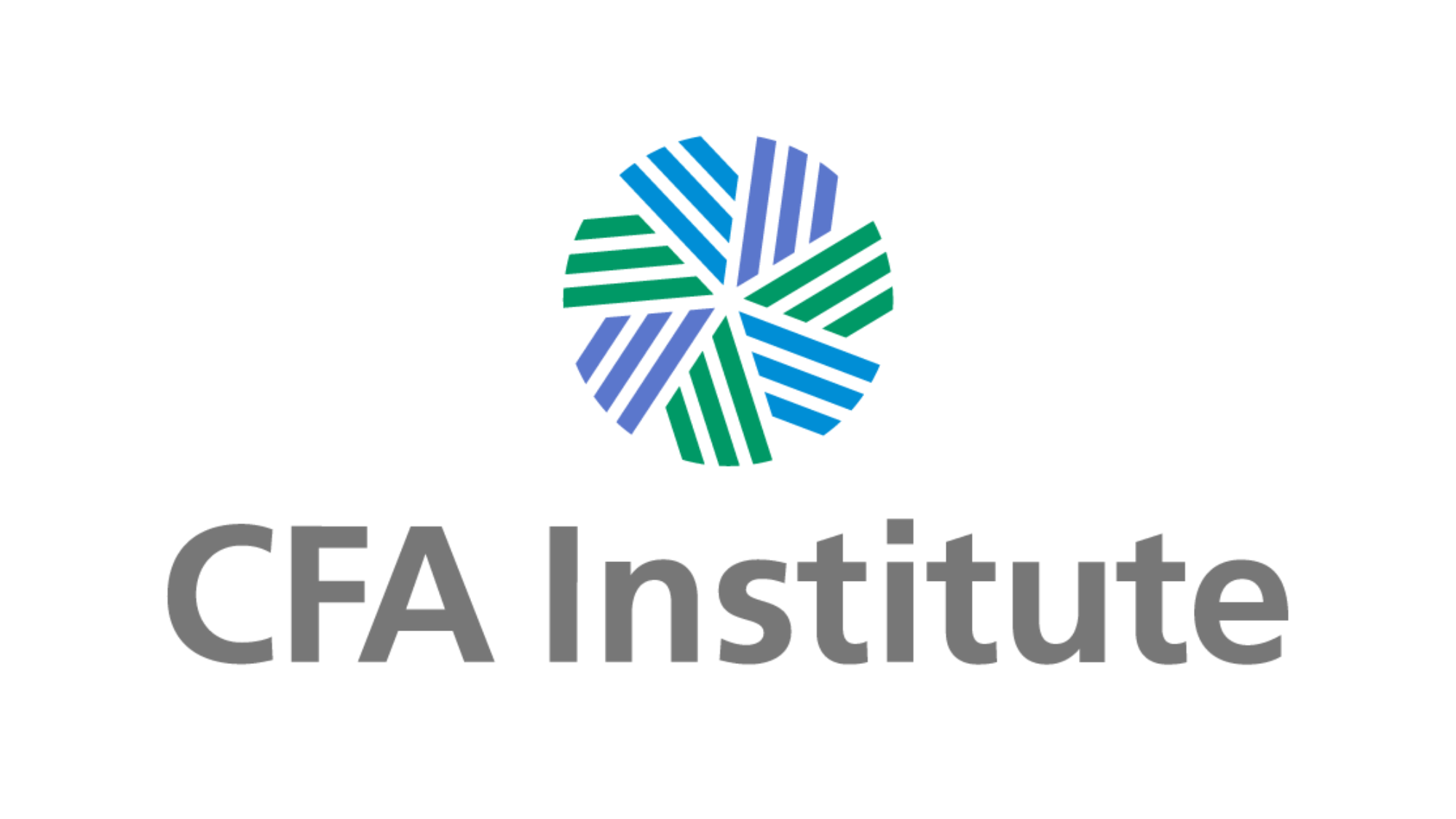
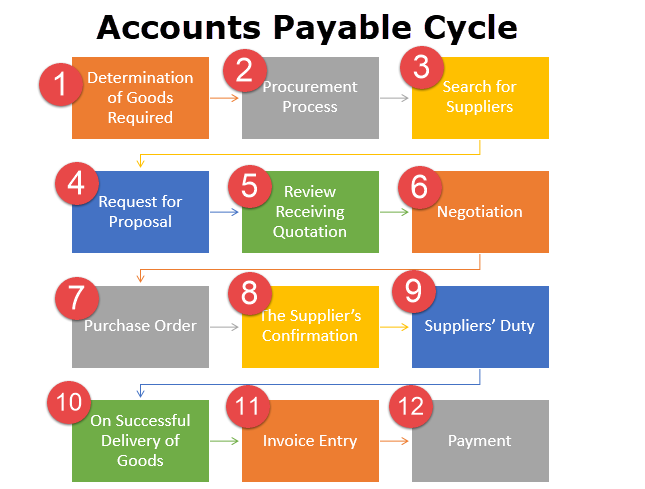

.jpg)

